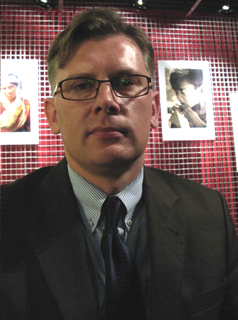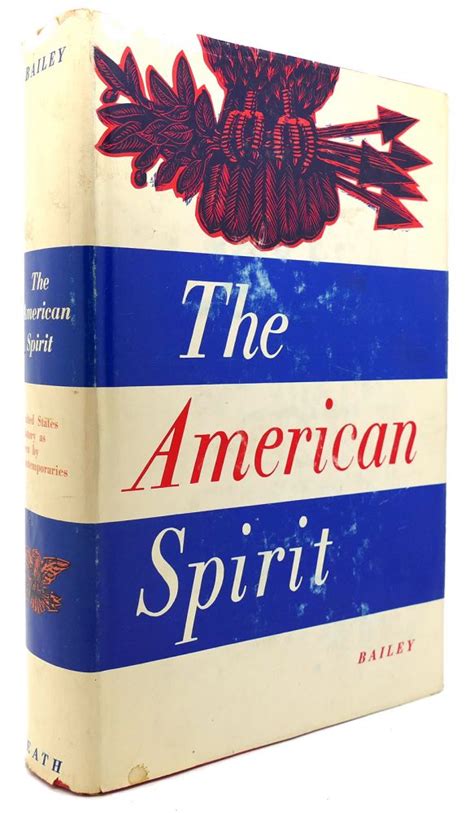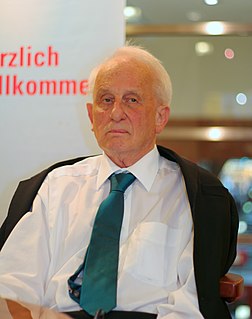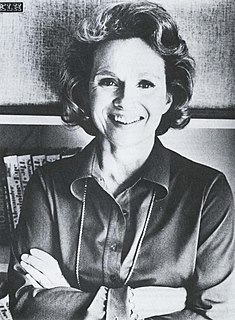A Quote by Tony Judt
We are not merely historians but also and always citizens.
Quote Topics
Related Quotes
Our American past always speaks to us with two voices: the voice of the past, and the voice of the present. We are always asking two quite different questions. Historians reading the words of John Winthrop usually ask, What did they mean to him? Citizens ask, What do they mean to us? Historians are trained to seek the original meaning; all of us want to know the present meaning.
We're historians and above all want to write about what was. Our book doesn't deal with legacies. It also wasn't our goal to destroy a legend. We consider Walesa to be a national symbol. He led Solidarity and remains an icon. But he also worked with the secret police under the name Bolek. The truth isn't always simply black and white.
Most academic historians accept that historians' own circumstances demand that they tell the story in a particular way, of course. While people wring their hands about 'revisionist' historians; on some level, the correction and amplification of various parts of the past is not 'revisionism' as it is simply the process of any historical writing.
This Administration also puts forward a false choice between the liberties we cherish and the security we demand... That means no more illegal wire-tapping of American citizens. No more national security letters to spy on citizens who are not suspected of a crime. No more tracking citizens who do nothing more than protest a misguided war. No more ignoring the law when it is inconvenient. That is not who we are.







































